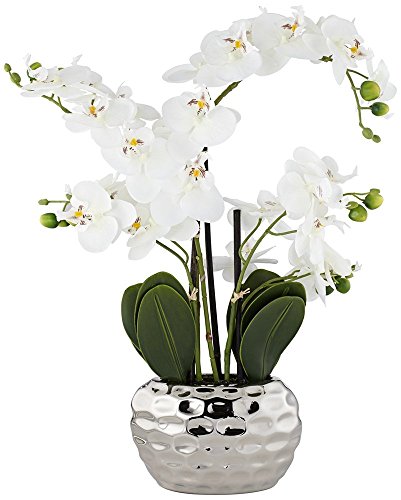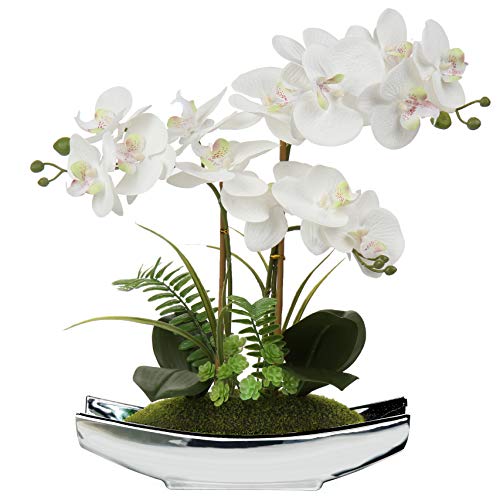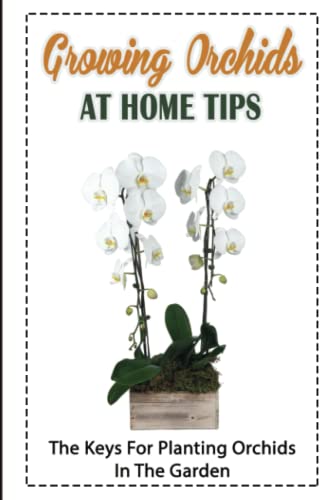Steve G
Active Member
A selection of photographs of various wee feral beasties from the Orient. Whilst all of these images are of plants that I have grown I cannot yet profess to having mastered their cultivation.
Cypripedium micranthum -more like a Robin chick than a plant!
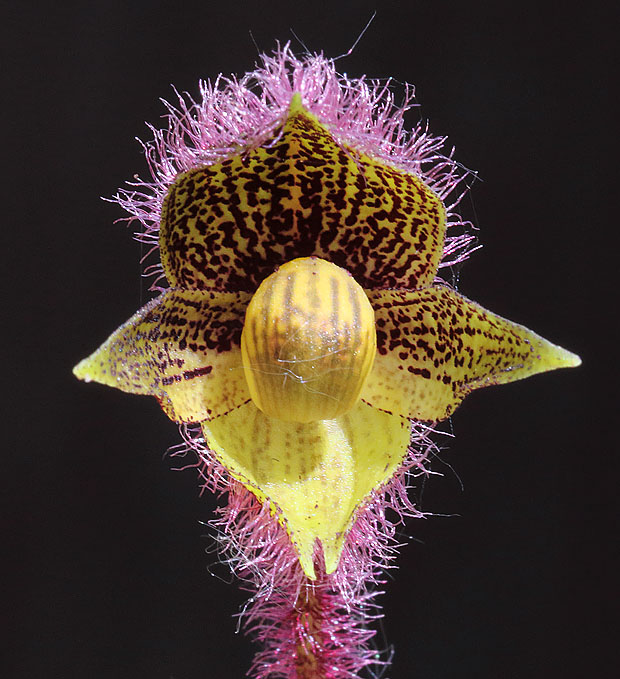
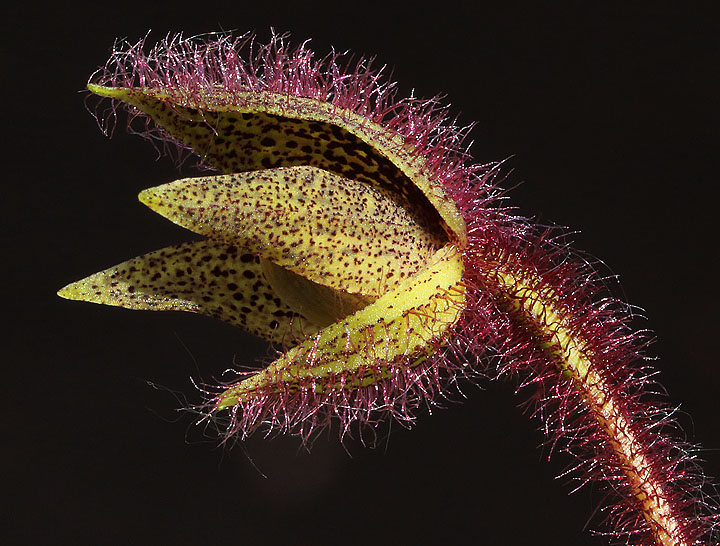
Cypripedium sichuanense -this species has only just become available from legitimate cultivated sources in the last couple of years (Hengduan Mountains Biotechnology Ltd). I find it to be more demanding than fargesii or lichiangense but perhaps less attractive.
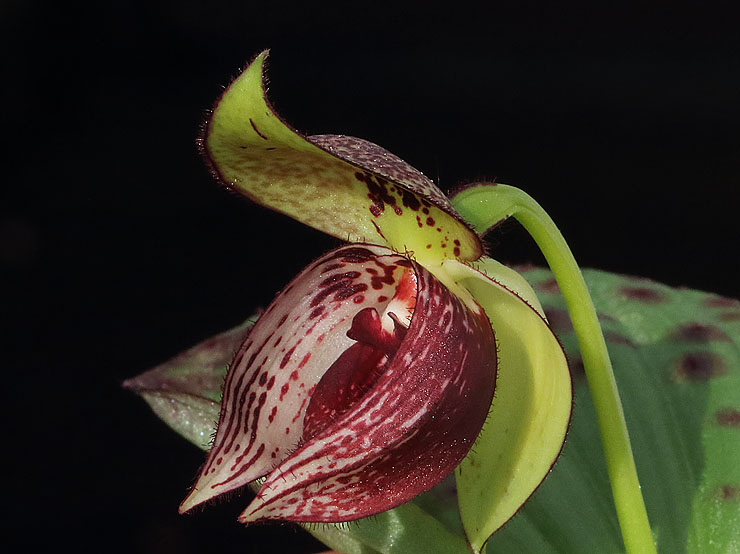
Cypripedium fargesii -looks cute but get too close and it will take your finger off!
Studies have been done on fargesii which suggest that the flower mimics fungus-infected foliage fooling Flat-footed flies into pollinating the plant. See this link: https://www.ncbi.nlm.nih.gov/pmc/articles/PMC3088628/
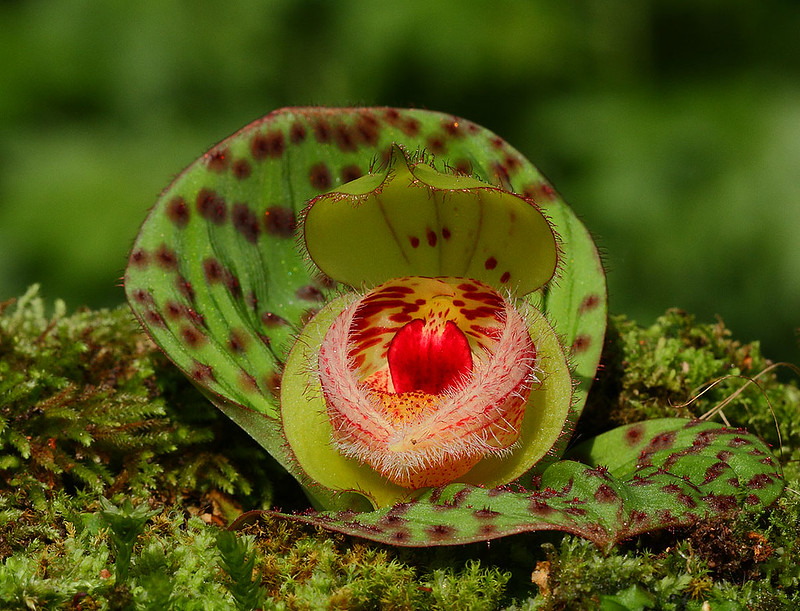
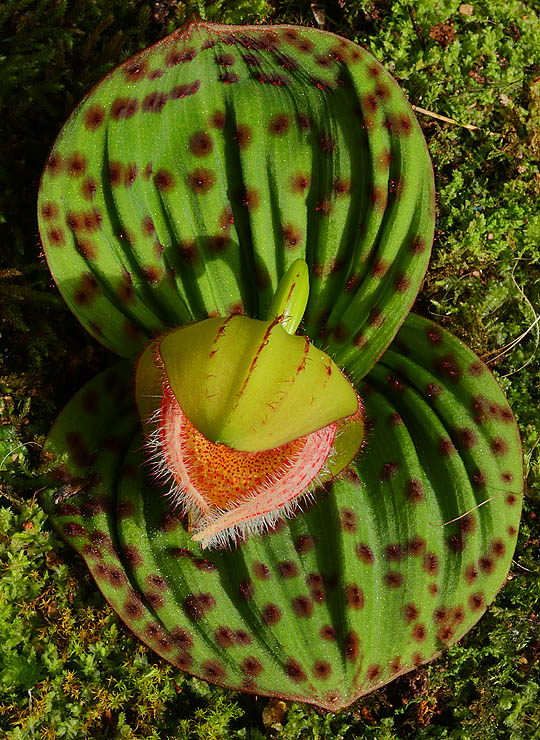
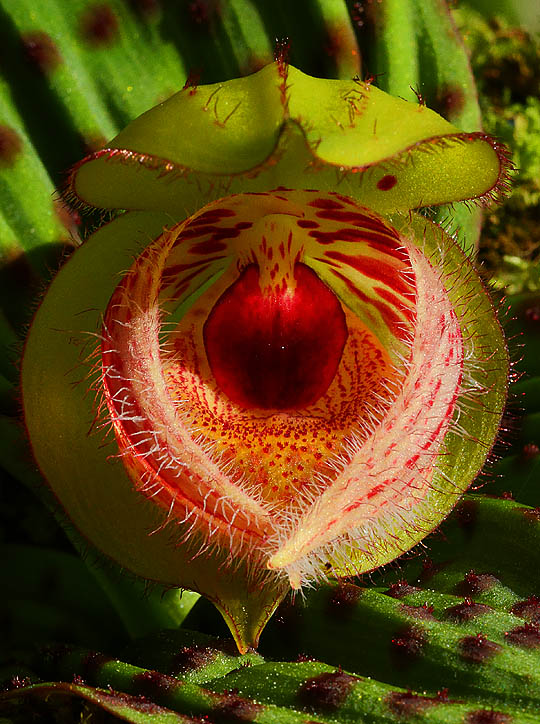
Cypripedium lichiangense -the aristocrat of the group. I have found the flowers to be strangely attractive to carrion flies. The final macro image shows some Bluebottle eggs that were laid on the flower of one of my plants. The flower does look like the decaying flesh of a small mammal when viewed up close.
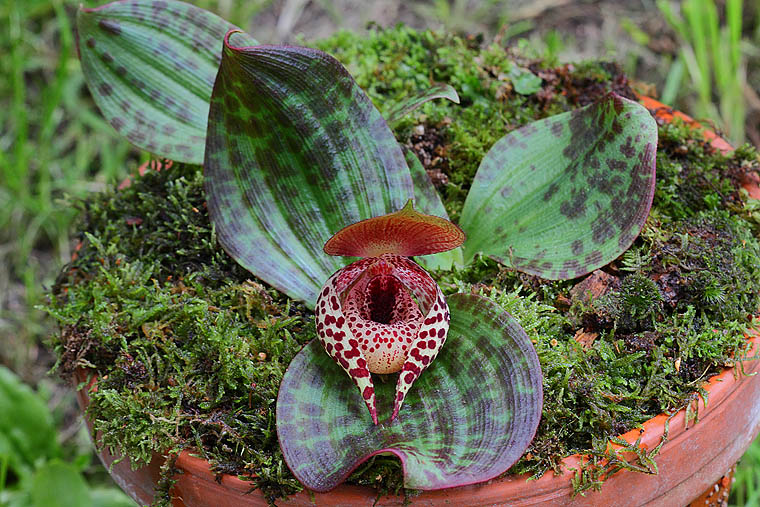
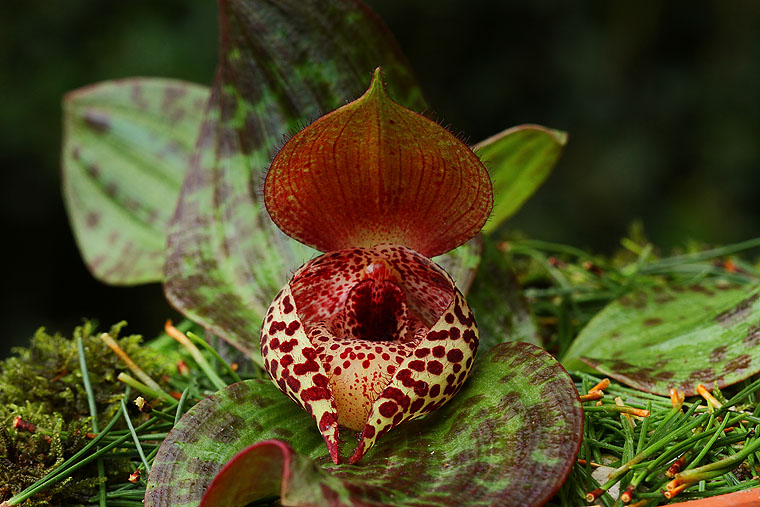
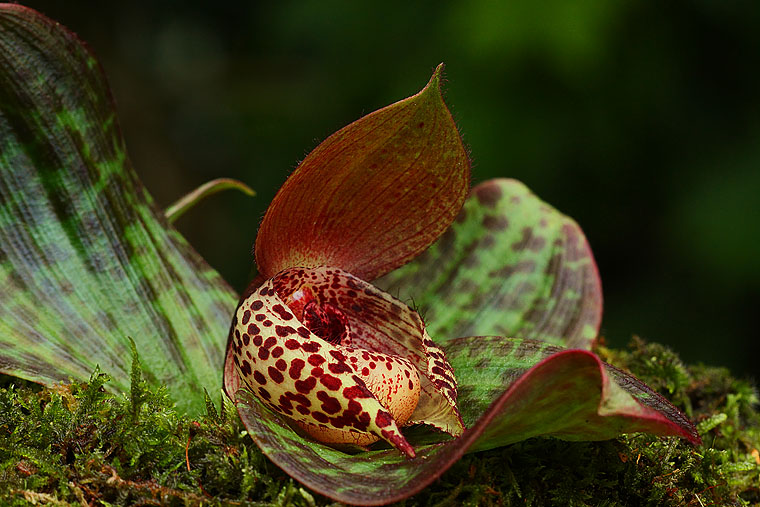
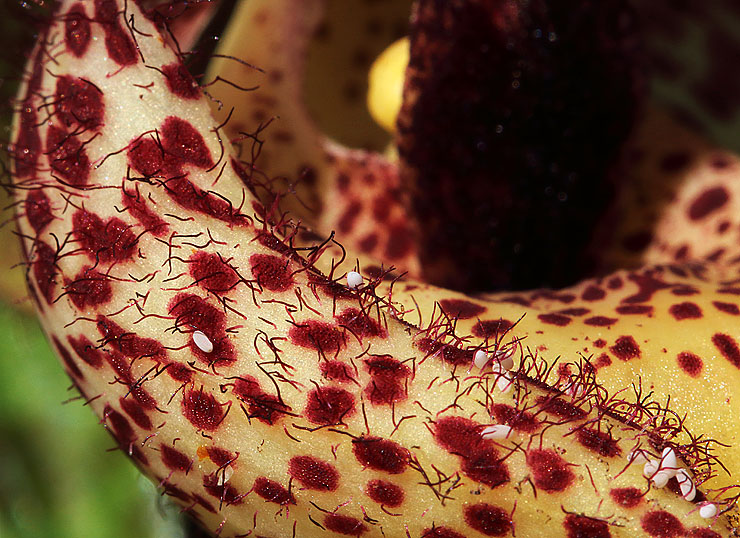
Cypripedium plectrochilum -this granite-chinned dwarf is best grown hard and lean.
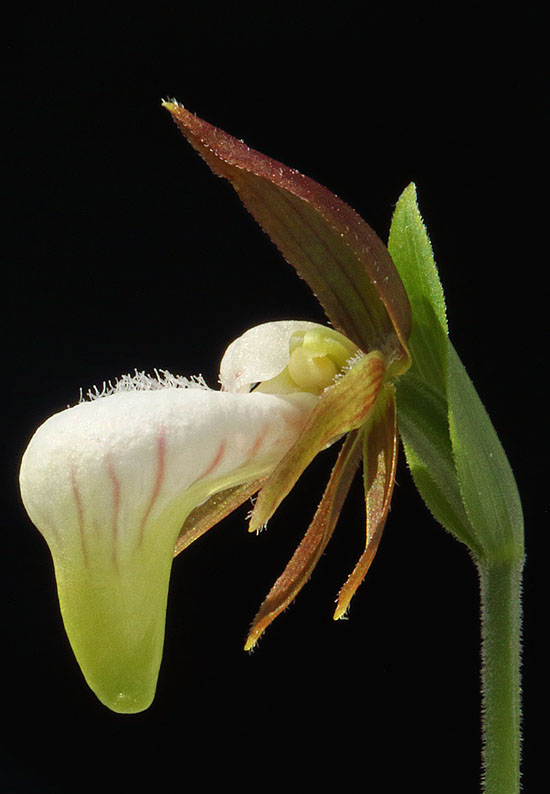
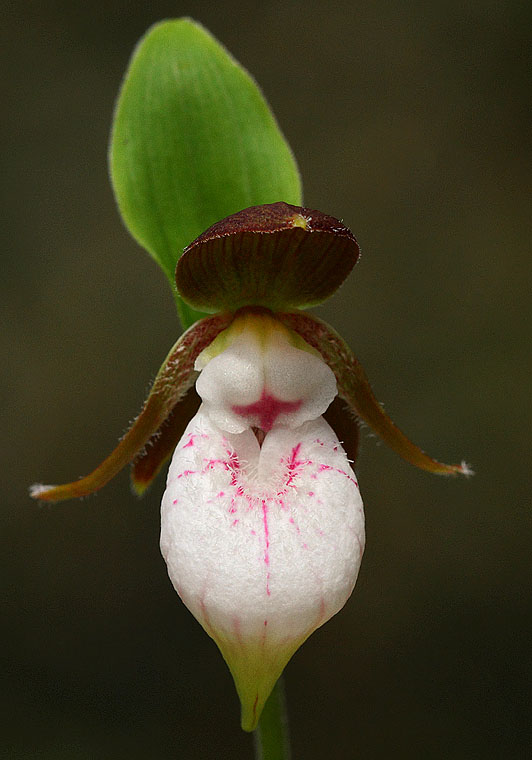
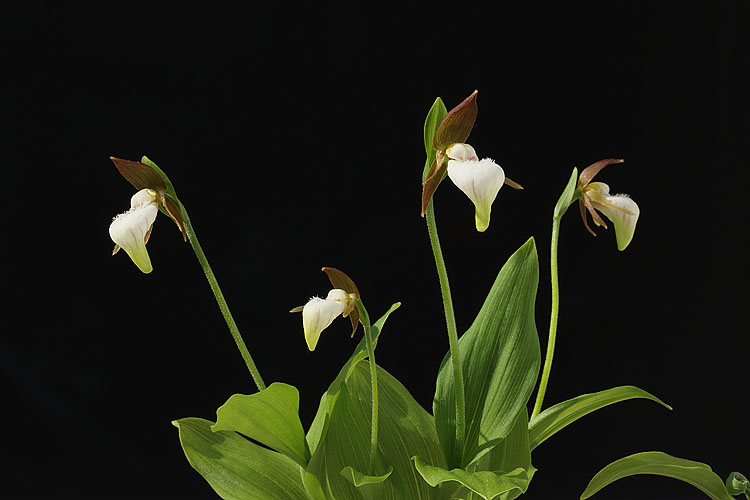
Cypripedium micranthum -more like a Robin chick than a plant!


Cypripedium sichuanense -this species has only just become available from legitimate cultivated sources in the last couple of years (Hengduan Mountains Biotechnology Ltd). I find it to be more demanding than fargesii or lichiangense but perhaps less attractive.

Cypripedium fargesii -looks cute but get too close and it will take your finger off!
Studies have been done on fargesii which suggest that the flower mimics fungus-infected foliage fooling Flat-footed flies into pollinating the plant. See this link: https://www.ncbi.nlm.nih.gov/pmc/articles/PMC3088628/



Cypripedium lichiangense -the aristocrat of the group. I have found the flowers to be strangely attractive to carrion flies. The final macro image shows some Bluebottle eggs that were laid on the flower of one of my plants. The flower does look like the decaying flesh of a small mammal when viewed up close.




Cypripedium plectrochilum -this granite-chinned dwarf is best grown hard and lean.




















